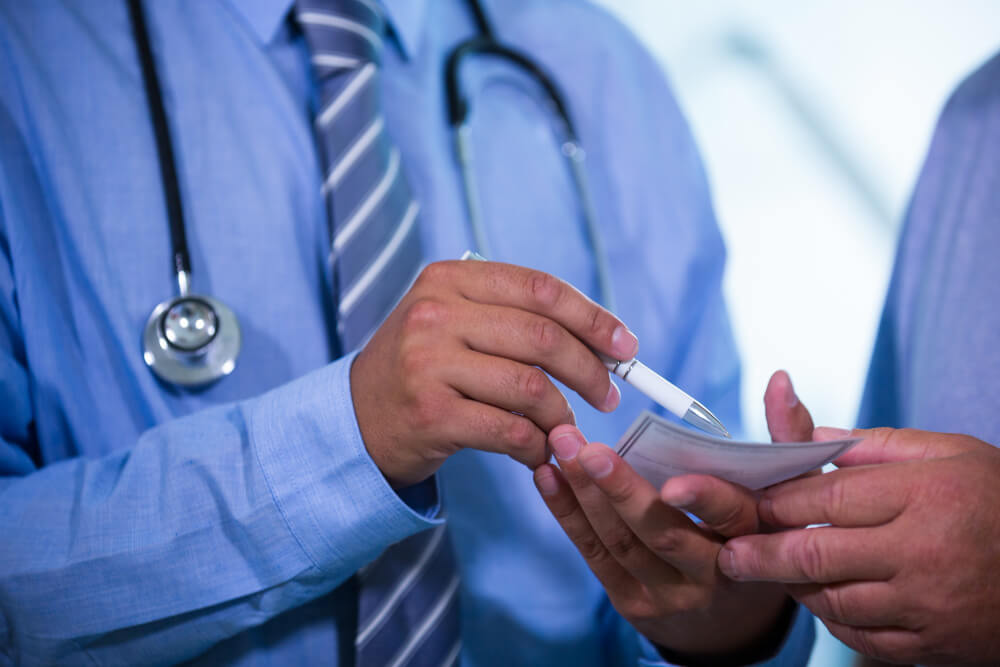The Power of Preventive Care: A Comprehensive Guide
Preventive healthcare is the cornerstone of long-term well-being, aiming to detect and address potential health issues before they escalate. A primary care physician (PCP) plays a crucial role in this process by serving as your first point of contact in managing overall health. From routine screenings to personalized advice, regular check-ups with a PCP can dramatically reduce the risk of chronic diseases and improve quality of life.
The Role of a Primary Care Physician in Preventive Care
Primary care physicians are the central figures in your healthcare journey. Their role extends beyond treating illnesses—they focus on prevention, education, and holistic care. Key responsibilities of a PCP include:
- Conducting regular health assessments.
- Ordering screenings for conditions like hypertension, diabetes, or cancer.
- Offering vaccinations and immunizations.
- Advising on lifestyle changes to promote long-term health.
- Coordinating referrals to specialists when necessary.
By developing a strong relationship with a PCP, you benefit from continuity of care, which ensures your medical history and needs are well-understood.
Why Are Preventive Check-Ups Important?
Preventive check-ups with a primary care physician are designed to catch health problems before they become serious. Here’s why they matter:
Early Detection of Diseases
Conditions like high blood pressure, diabetes, and certain cancers often develop silently, with no symptoms in their early stages. Regular screenings help identify these conditions before complications arise.
Reducing Long-Term Healthcare Costs
Preventive care minimizes expensive treatments by addressing issues early. For instance, managing pre-diabetes can avoid the need for costly interventions like dialysis or insulin therapy later on.
Enhancing Life Expectancy
Preventive measures, including vaccinations and lifestyle counseling, help reduce the risk of life-threatening conditions, ensuring a longer and healthier life.
Promoting Overall Well-being
Beyond physical health, preventive care focuses on mental health, nutrition, and stress management, fostering a balanced and holistic approach to wellness.
Common Preventive Services

Primary care physicians offer a variety of preventive services, including:
- Physical Examinations: A thorough physical exam can identify potential health issues and assess overall health.
- Laboratory Tests: Blood tests and urine tests can help detect underlying health problems.
- Immunizations: Vaccines protect against infectious diseases.
- Cancer Screenings: Screenings for various types of cancer, such as breast cancer, colon cancer, and prostate cancer.
- Mental Health Screenings: Screenings for depression, anxiety, and other mental health conditions.
- Lifestyle Counseling: Advice on diet, exercise, and stress management.
- Medication Review: Regular review of medications to ensure they are safe and effective.
Components of a Preventive Check-Up
Preventive check-ups encompass several key elements, ensuring a comprehensive evaluation of your health:
1. Comprehensive Medical History Review
Your PCP will discuss your personal and family medical history to identify hereditary risks and tailor a care plan accordingly.
2. Physical Examination
A thorough physical exam evaluates vital signs, such as blood pressure, heart rate, and respiratory rate, while also checking for abnormalities.
3. Routine Screenings and Tests
The type and frequency of screenings depend on your age, gender, and risk factors. Common screenings include:
- Blood pressure monitoring: For hypertension.
- Blood glucose tests: For diabetes.
- Lipid profile: To assess cholesterol levels.
- Cancer screenings: Including mammograms, Pap smears, and colonoscopies.
4. Immunizations
Vaccines protect against infectious diseases and are an integral part of preventive care. Your PCP ensures your immunization schedule is up to date based on your age and health conditions.
5. Lifestyle Counseling
Your PCP may provide guidance on:
- Nutrition: Developing a balanced diet plan.
- Physical activity: Recommending exercises suited to your fitness level.
- Smoking cessation: Helping you quit tobacco use.
- Stress management: Offering techniques to reduce stress and improve mental health.
How Often Should You Visit Your Primary Care Physician?
The frequency of preventive check-ups depends on various factors, including your age, gender, and health status:
- Adults (18-39 years): Annual check-ups are recommended, particularly if you have risk factors like obesity or a family history of chronic illnesses.
- Middle-aged adults (40-64 years): Routine visits become more critical, with added screenings for conditions such as cardiovascular disease and osteoporosis.
- Seniors (65+ years): Regular check-ups are essential to monitor chronic conditions, cognitive health, and mobility.
Regardless of age, always consult your PCP for specific recommendations based on your unique health needs.
Conclusion: Prioritize Preventive Care Today
Preventive check-ups with a primary care physician are an investment in your future health. By addressing potential issues early and focusing on overall wellness, you reduce the risk of chronic diseases and improve your quality of life. Schedule your next preventive visit today and take control of your health journey!
Reach out to our clinic’s Primary care physician for preventive check-ups (281) 741-3204 Or Visit us https://scchouston.co/

